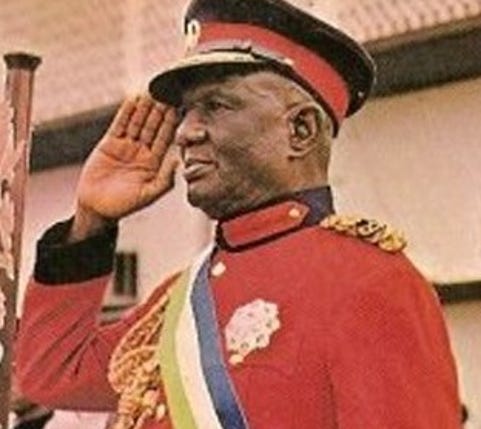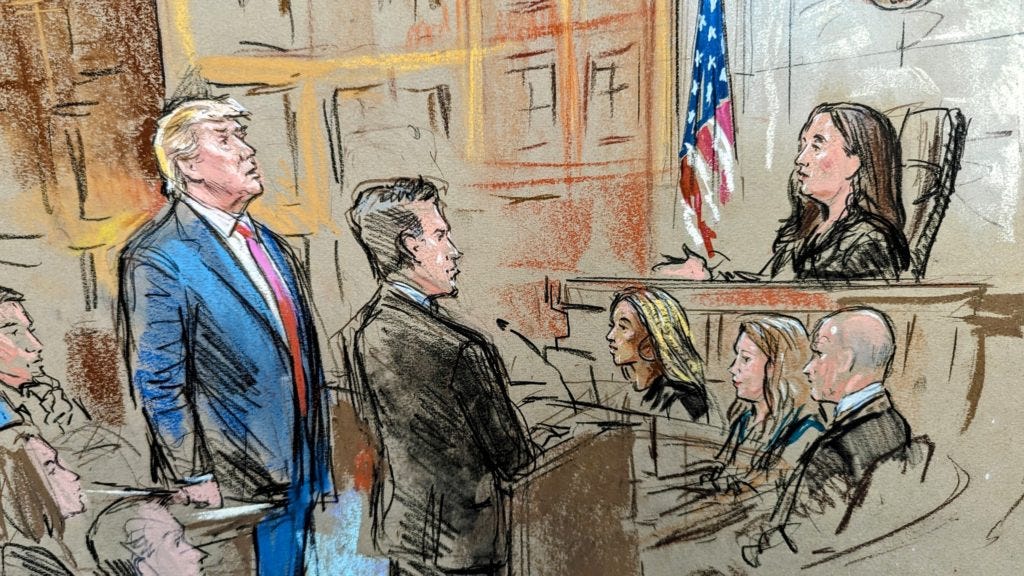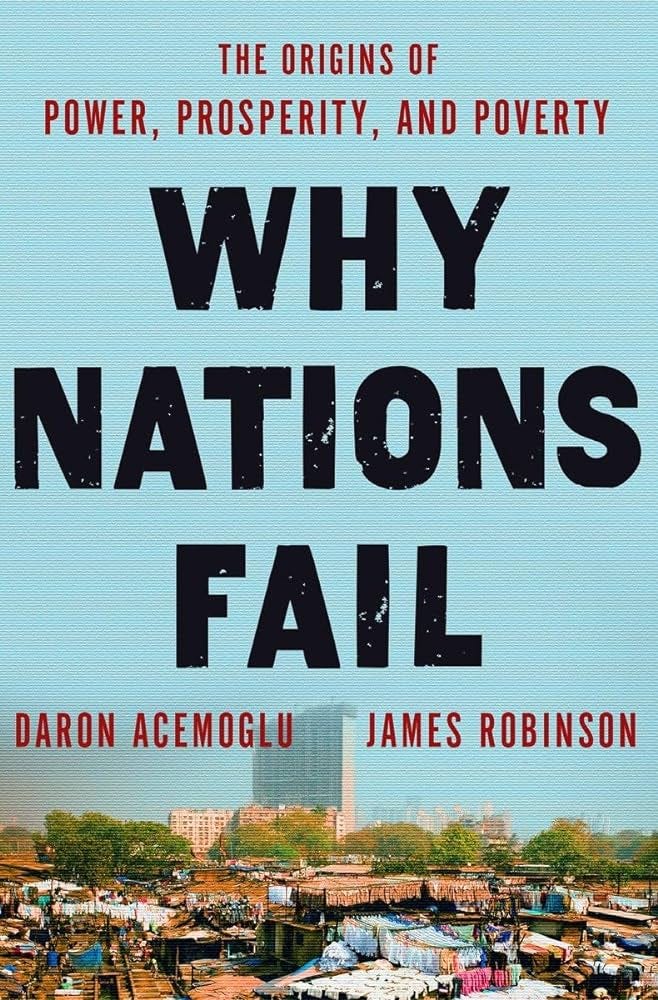The Rule of Law
What Makes A Democracy
At the end of the first year of the Peloponnesian War, Pericles of Athens stood in front of a crowd of his fellow citizens. Those who looked on were grieving the loss of their friends, family, and loved ones. Pericles was delivering a speech at a traditional public funeral for Athens’ war dead. With a deep breath he begins. But not with a speech extolling the great deeds of the departed. Instead, Pericles unexpectedly eulogizes about the principles of Athens, and democracy, that their soldiers died to protect.
The speech is eloquent and detailed, with several translations freely available. But that which interests us here is what Pericles says about the law in Athenian democracy.
“When it is a question of settling private disputes, everyone is equal before the law…We are free and tolerant in our private lives; but in public affairs we keep to the law. This is because it commands our deep respect. We give our obedience to those whom we put in positions of authority, and we obey the laws themselves, especially those which are for the protection of the oppressed, and those unwritten laws which it is an acknowledged shame to break…Here each individual is interested not only in his own affairs but in the affairs of the state as well…We do not say that a man who takes no interest in politics is a man who minds his own business; we say that he has no business here at all.”
What Pericles discusses in this portion of his speech is the connection between law and democracy. He describes Athens as a place in which all citizens must be involved in state decisions. In turn, those decisions which everyone collectively comes to must also be followed by all. In Athens, being subject to the state was not seen as subjugation at all. Because the state was the citizens. As the well known political scientist George Sabine put it, “The Athenian did not imagine himself to be wholly constrained, but he drew the sharpest distinction between the restraint which is merely subjection to another man’s arbitrary will and that which recognizes in the law a rule which has a right to be respected and hence is in this sense self-imposed.”
If you are an American you are likely familiar with the bill of rights. In it, the framers of the U.S. constitution lay out 10 rights which the state must not violate. And the framers laid out an entire judiciary system whose primary role is as guardians whose power checks the power of elected officials to violate those rights. But an Athenian citizen would have found such an exercise strange when called democratic. What need would a citizen have to protect themselves from the state when they are, themselves, the state?
So the Athenian citizen did not see laws in the liberal democratic sense, as a legal protection against state infringement on individual freedoms. They instead saw laws as collective protection against tyrants. And why wouldn’t they? From their perspective, all of their laws were self-imposed.
Yet Athens is not without influence on liberal democracies like those with which most of us are familiar. It is from this thinking that we get the idea of civic virtue and the rule of law. They believed, just as advocates for democracy today, that full participation is key to successful democracy, and that laws must be applied equally, no matter the power and influence of individuals, for democracy to flourish as well.
We might note that Athens was far from their own ideal in this way. Athens was a slave state, and slaves were not allowed to be citizens. Neither were foreigners, which included any people whose parents (either parent) immigrated to Athens. And neither were women. The total population of citizens in Athens was around 30k at any point in time, with similar numbers of women and immigrants. And the population of slaves was even higher, at around 100k. Today we would hardly call a state where fewer than 20% of the adult population was legally allowed any political say a democracy.
And yet these lessons about the importance of the rule of law, holding everyone to equal account, remain salient. In their book “Why National Fail,” Acemoglu and Robinson articulate a convincing argument for the importance of institutions over culture in explaining the difference between the development of different nations.
European countries typically instituted extractive policies for their colonies. The idea was to bring the wealth of the colonies back to the home nation. Even when colonies were granted, or gained, independence, many of those so-called extractive institutions survived. Such systems are designed to create private gains for political elites rather than broad gains for all, or even most, of their citizens.
A key element to these institutions is the uneven implementation of laws. Businesses owned by political elites and their friends might be allowed to collude or hold monopolies, but industries where they have no interest remain competitive. Or perhaps labor laws are not enforced for elites and their friends and families, but are enforced on their competitors.
We might take Sierra Leone as an example. The British set up a system of Paramount Chiefs. These chiefs ruled the different regions of the colony, creating ruling houses from which all officials came. This system remained after independence, even when Siaka Stevens became dictator in 1967. He set up a series of marketing boards on top of this system. His government completely controlled the export of things like produce through these boards. The promise was to ease price fluctuations, but the result was a state monopoly that could enrich Stevens and his friends and allies.

Nor is the question of the rule of law unique to post-colonial nations. As Dotson discussed last week, it has come to the fore of American political discussion again. Dotson argued that trying to remove Trump from the ballot over his conduct related to the January 6th Capitol attack could have unintended consequences for the perceived legitimacy of our democracy for many on the right. He fears that such actions will further entrench pernicious political divides that risk impairing our democratic institutions without even really being effective at keeping Trump off of the ballot or punishing him for his role in January 6th.
But surely the rule of law, too, must be maintained. How democratic is it that Congress members are allowed to trade stocks in companies that are directly affected by decisions they make in committee, but at the same time many Republicans want to make it illegal for retirement funds to conduct ESG investments (environment, social, and governance based investments)? Why is it that congressional representatives like Ashley Hinson and Marjorie Taylor Greene can have theirs and their family’s PPP loans forgiven, while simultaneously advocating against student loan forgiveness? Or, more saliently to Dotson’s discussion, why are January 6th protestors being held to account for their actions and not Donal Trump?
These are not just questions of hypocrisy. They are questions of the rule of law. Do we have a system where the law applies equally to all? Or do we have a system where political elites can use the law for their own enrichment, gain, and power? To answer these questions, however, I think we should look at a different case involving Trump.

From my perspective, the Colorado case has overshadowed a far more important case involving Trump: his criminal trial for election obstruction. I presume that many see this as less effective because, even if convicted, it seems likely that Trump would still be able to be elected President. But while Trump certainly pursued policy goals that I personally find abhorrent, as Dotson points out, our democratic institutions proved surprisingly resilient. Trump went from false claims of Democrat led voter fraud, to holding a commission on election integrity designed to post-hoc validate his claims, to convening fake electors, to asking federal agents to seize voting machines, to pressuring election officials (some of whom he appointed or inspired to run for office) to “find” votes. And yet at each turn he failed. Despite a multi-pronged attack on our election system, power still transferred to the winner. From the perspective of preserving democracy, holding Trump to legal account as any non-elite citizen would, is far more important than barring him from the ballot.
The question this case opens up is: can a President *be* held to a legal account? If he is convicted and elected, can he pardon himself? Can his appointed Supreme Court judges get him off the hook for his actions in appeal? In many ways we already know that our political elites hold many privileges regular citizens do not in ways that are clearly undemocratic. But this case against Trump is truly putting the democratic value of the rule of law in the United States to the test. Will we legally recognize that no politician, not even the holder of the highest office of the land, is above the law that, in theory, we all made? Or will we find that a group of elite and unelected judges can decide that there are two sets of laws: one for political elites, and one for everyone else? I wait with baited breath.






